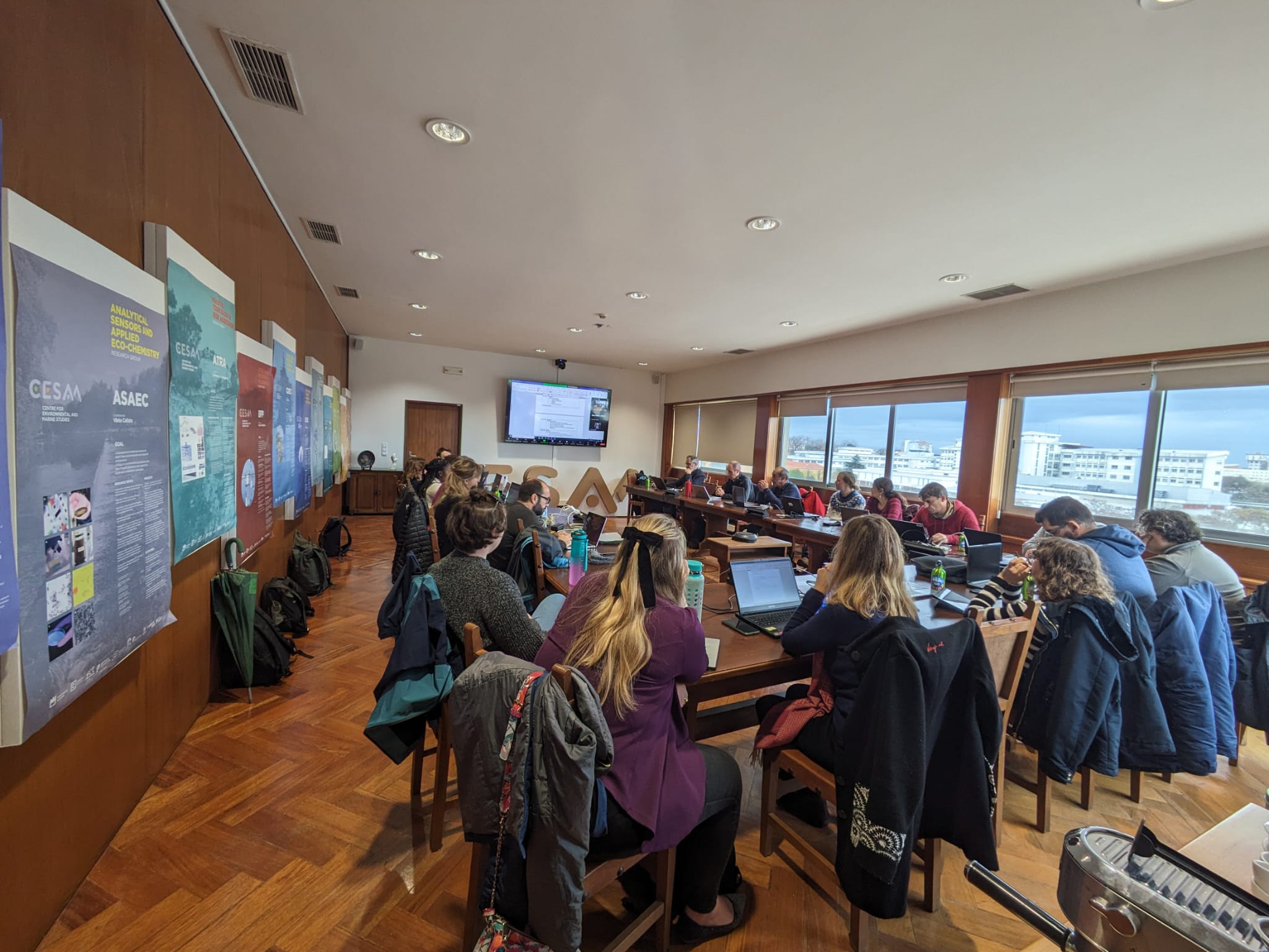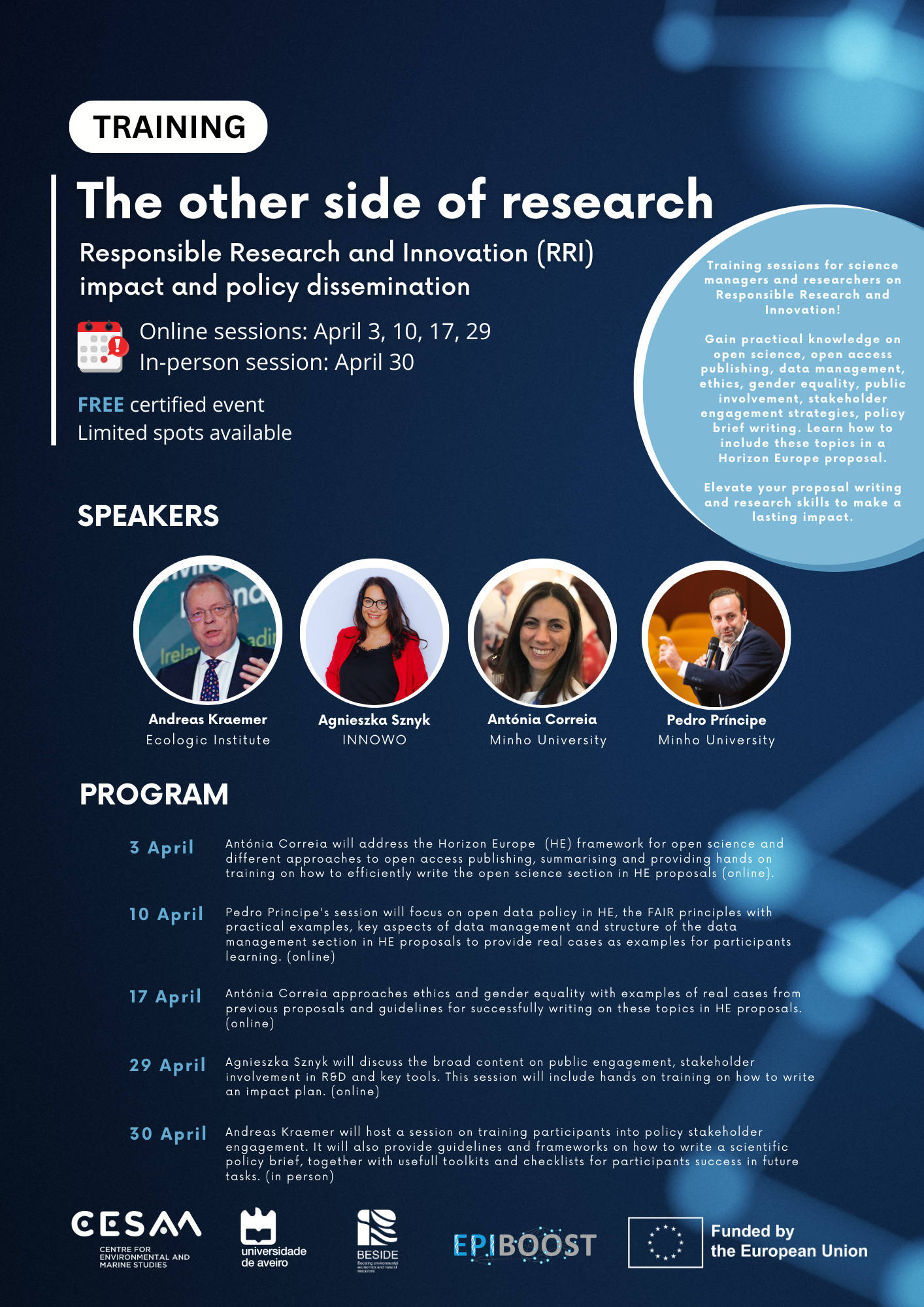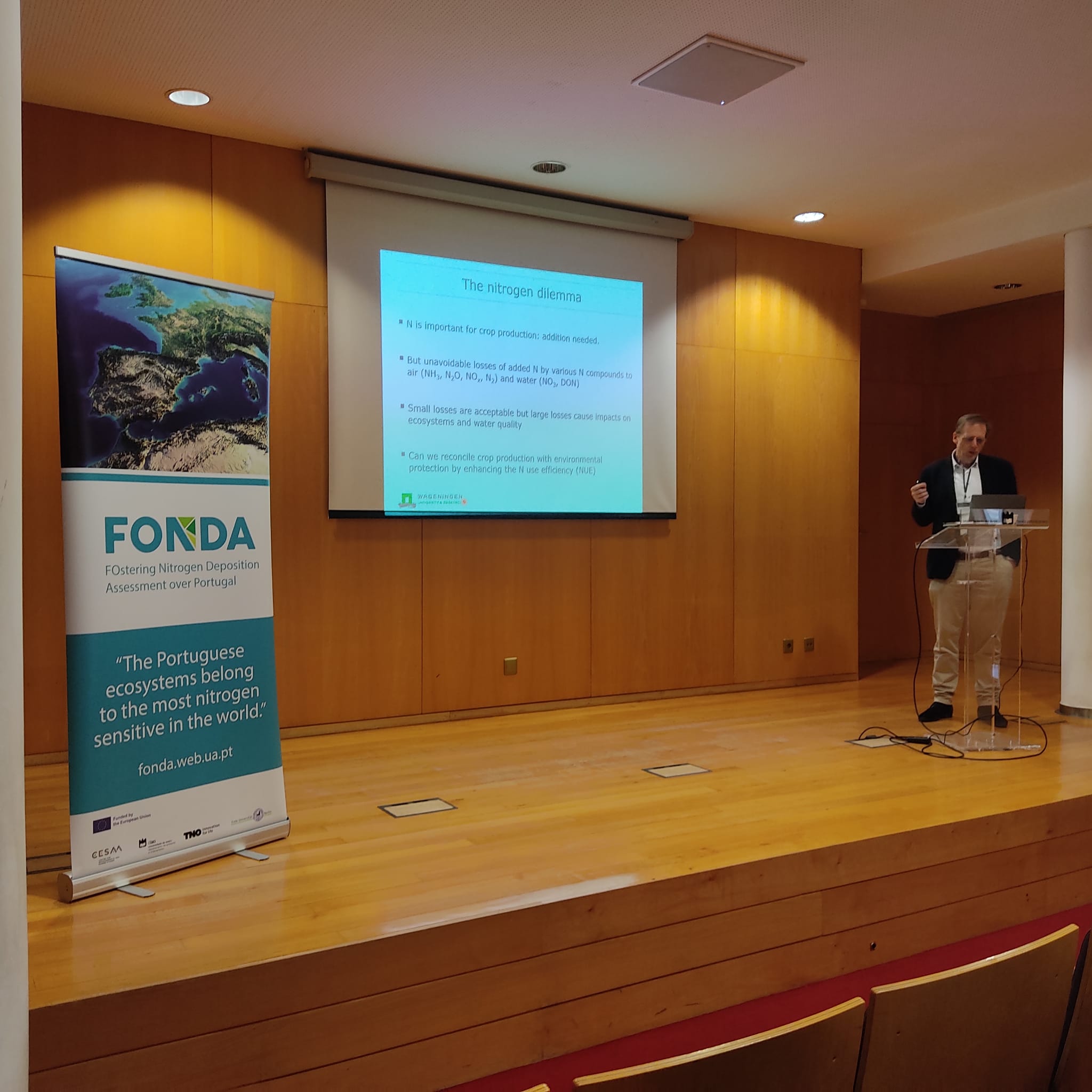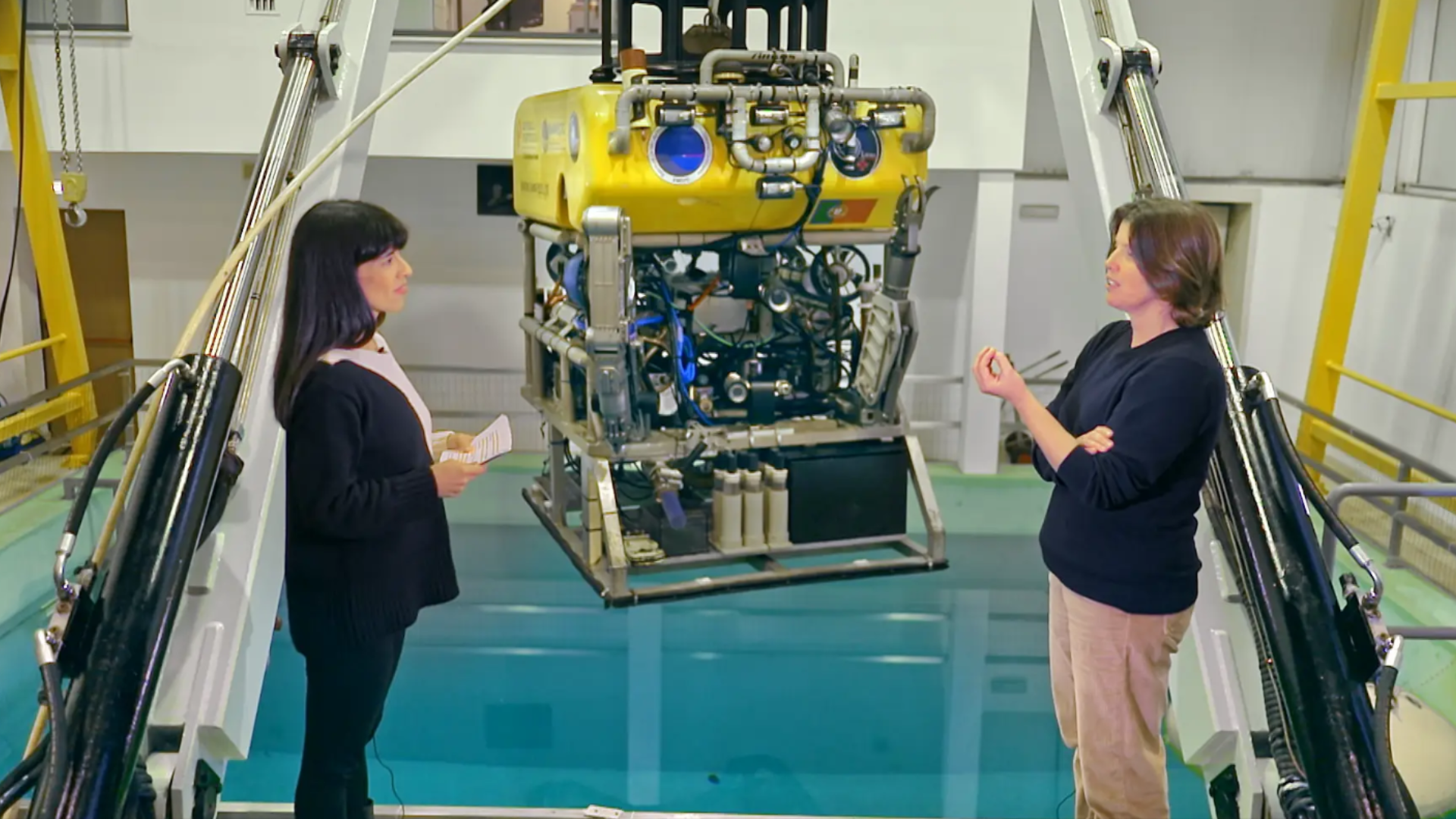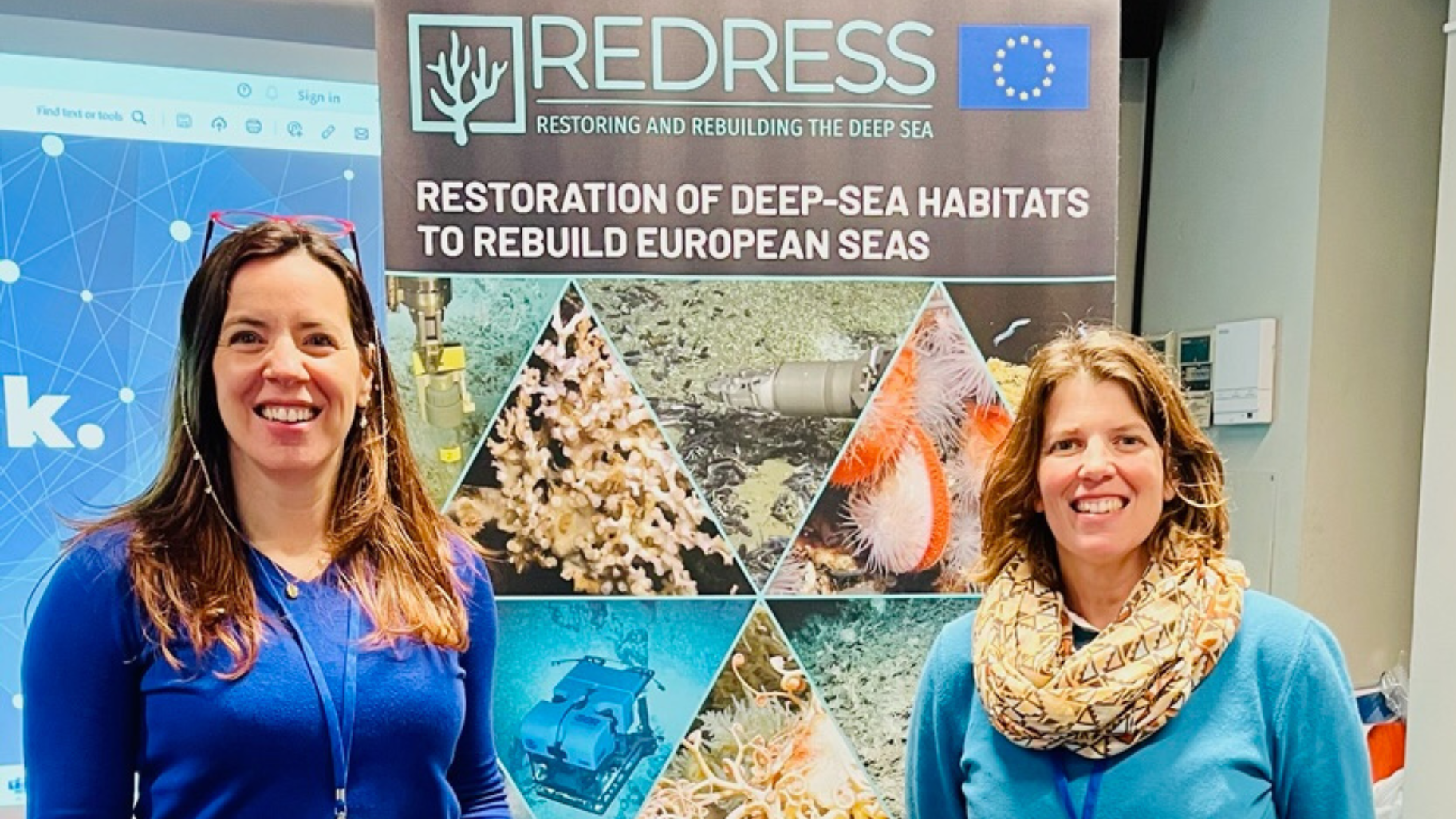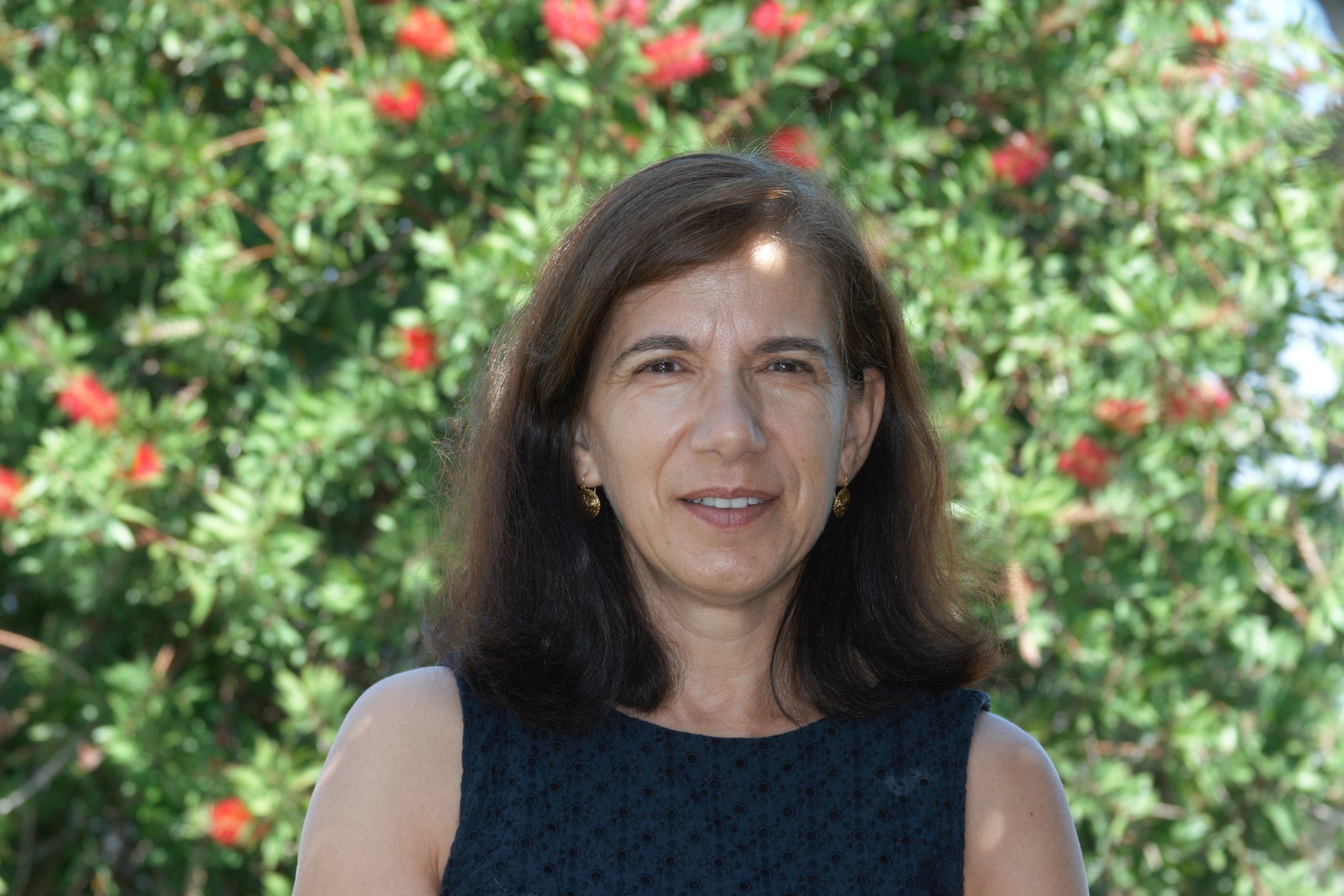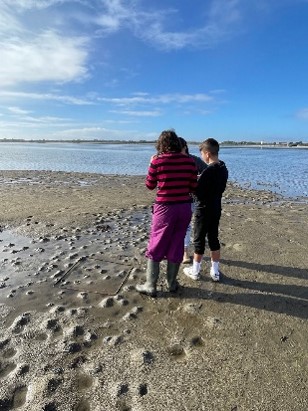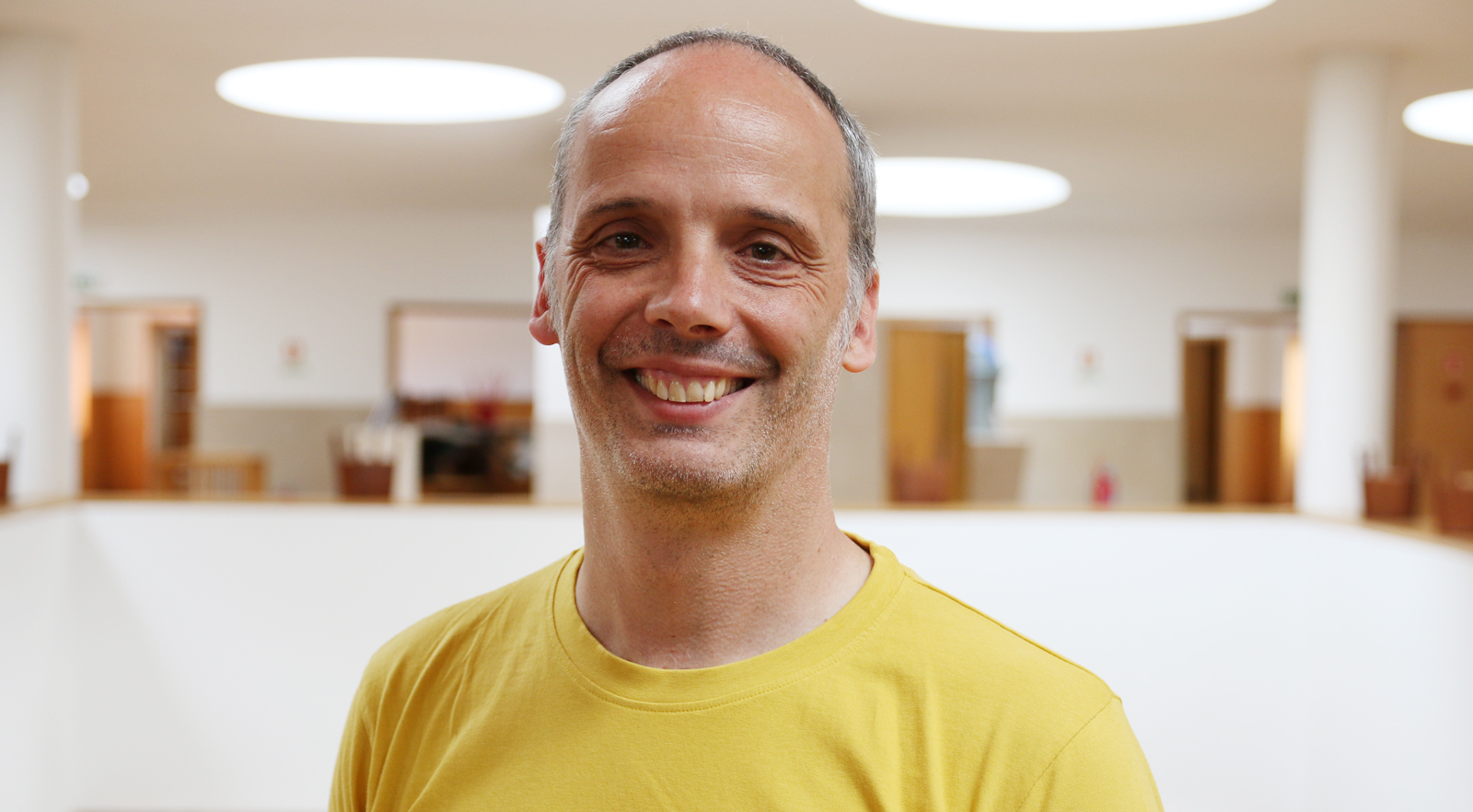Increasingly frequent all over the planet, the Iberian Peninsula will also be affected by droughts during this century. This is the main conclusion of a study carried out at Universidade de Aveiro (UAveiro) that predicts changes in the drought regime, which could bring changes to the way of life of Portuguese and Spaniards.
Carried out by researchers João Miguel Dias and Humberto Pereira, from the Department of Physics (DFis) and the Centre for Environmental and Marine Studies (CESAM) of UAveiro, in collaboration with researchers Nieves Lorenzo and Ines Alvarez from the University of Vigo, the study published in the journal Atmospheric Research, characterizes the occurrence and spatial variability of droughts in the Iberian Peninsula over the next 50 years considering two scenarios of greenhouse gas concentration in the atmosphere (one moderate and one severe) defined by the Intergovernmental Panel on Climate Change (IPPC).
In this context, two types of drought were analyzed: meteorological (which are defined as a measure of the deviation of precipitation from the normal/expected value) and hydrological (which relate to the reduction of average water levels in reservoirs and in the ground).
“The main results of the study show that, for both IPCC scenarios, meteorological droughts will be less frequent overall in the Iberian Peninsula in the period 2006-2040, but more intense and long-lasting in the eastern region of the Iberian Peninsula, with this effect intensifying throughout the 21st century,” points out Humberto Pereira.
By 2040, says the researcher, “hydrological droughts are expected to be more common and intense in the northwest of the Iberian Peninsula, and less frequent but longer-lasting in the other regions of the peninsula”. For the period from 2041 to 2075, the frequency and intensity of these droughts will decrease in the most moderate scenario and increase slightly in the most severe scenario.
Predicting the spatial and temporal characteristics of droughts “is crucial to understanding and mitigating their future impacts on the Iberian Peninsula’s ecosystems and reducing the potential risks arising from them”.
Meteorological and hydrological droughts can have various consequences in the region under study. The UAveiro researchers point out that “at an economic level, they could result in negative impacts on agriculture, tourism and energy production; at an environmental level, they will have negative impacts on the region’s biodiversity, soil degradation and a potential increase in the risk of forest fires; and at a social level, with the possible shortage of drinking water for the population”.
It should be noted that the results were obtained using the Standardized Precipitation Index (SPI), an index widely used to characterize the drought regime on different time scales, which is based exclusively on precipitation. “It is well known that drought phenomena can be influenced by other factors, such as air temperature, seasonality, and even the characteristics of the terrain, which requires a more complex characterization and prediction of these phenomena,” says João Miguel Dias.
Text by: Notícias UA.

